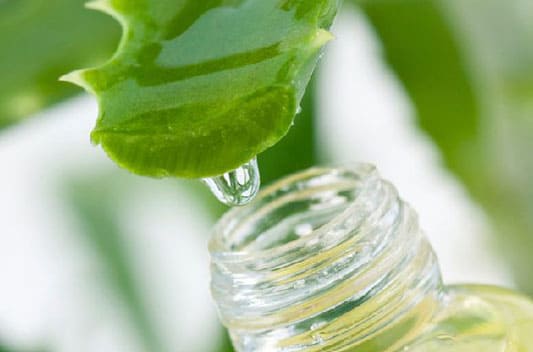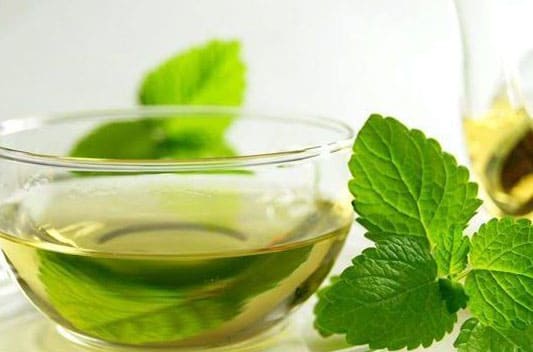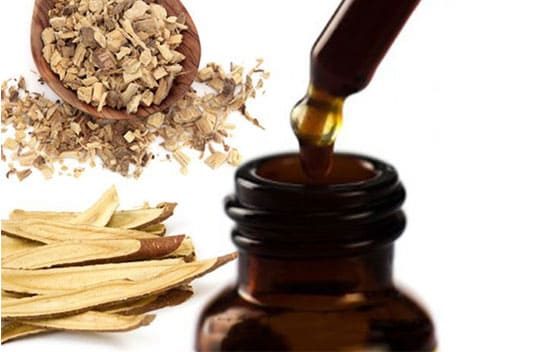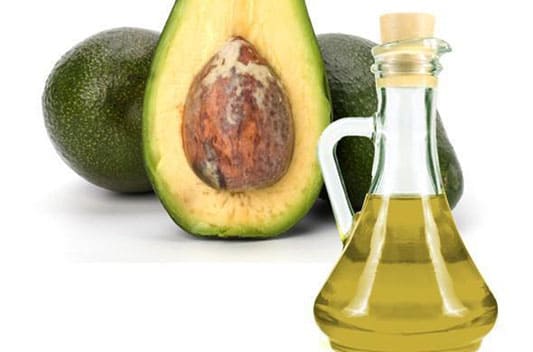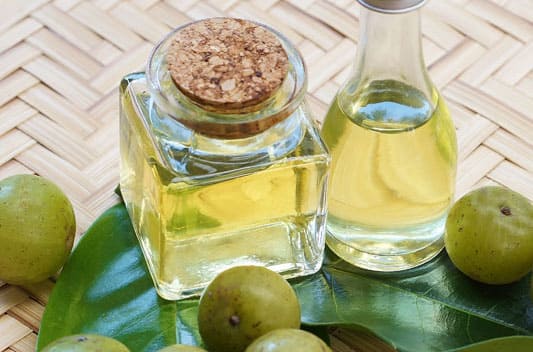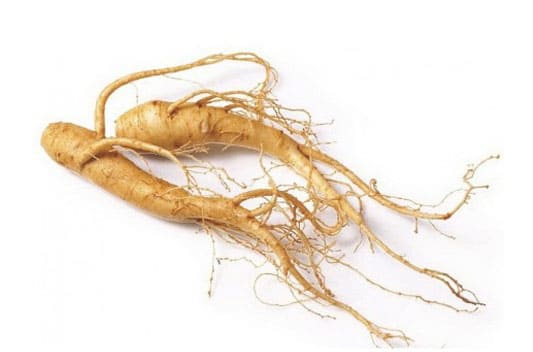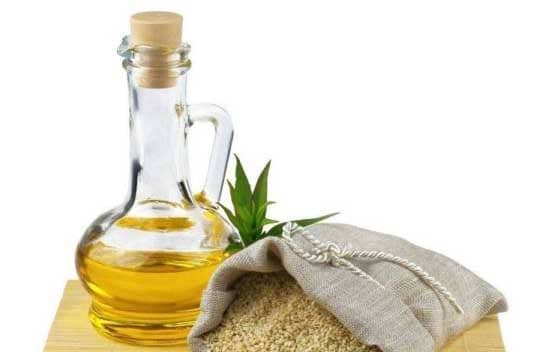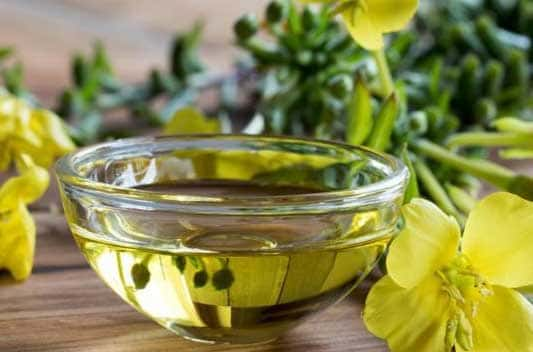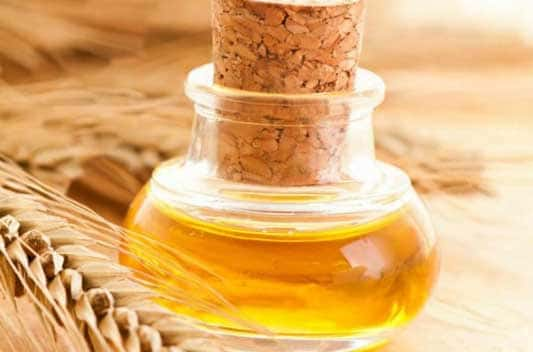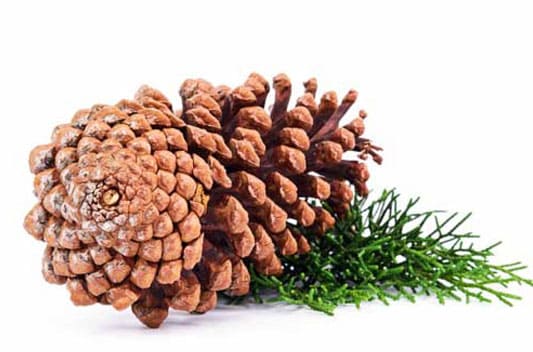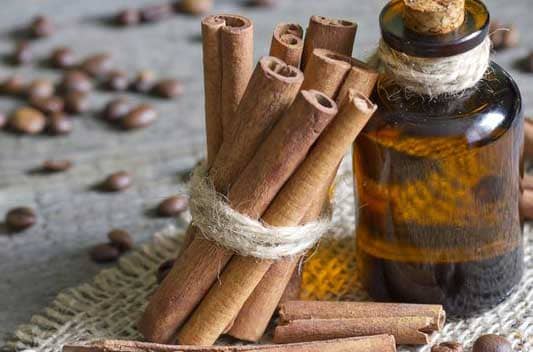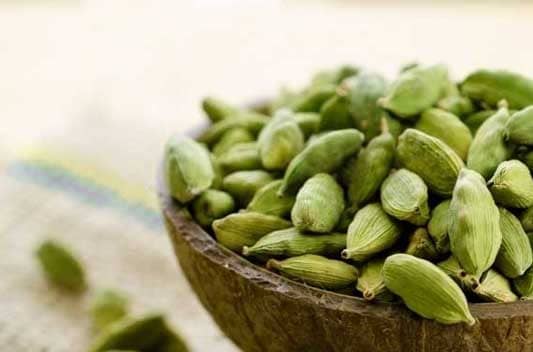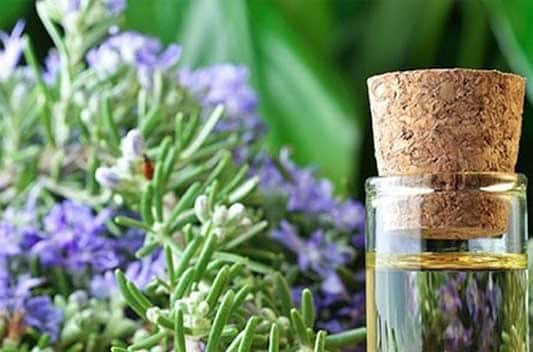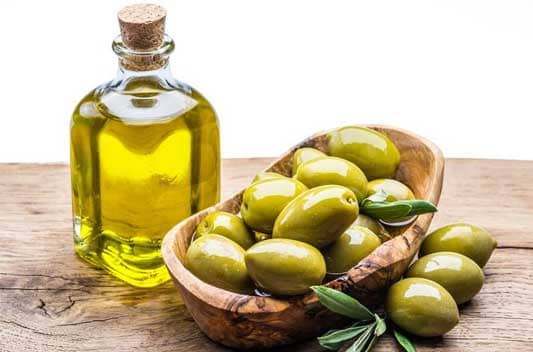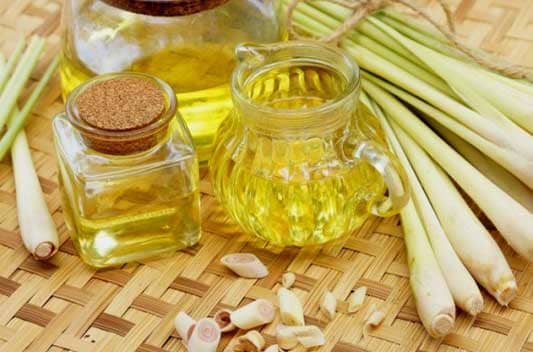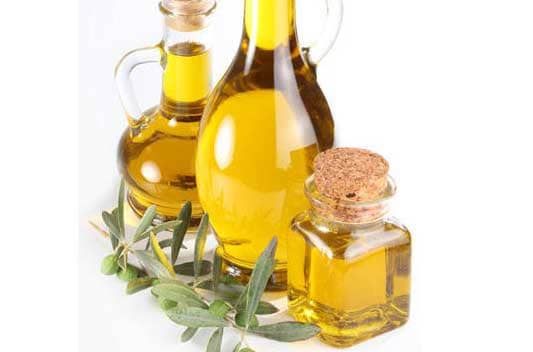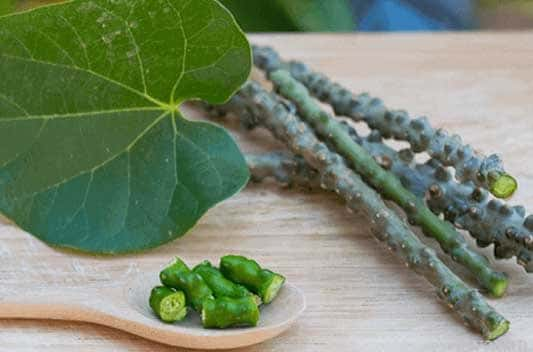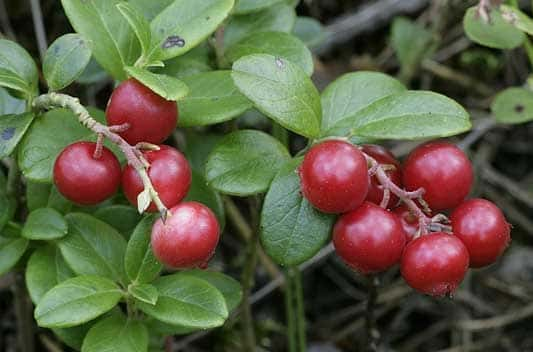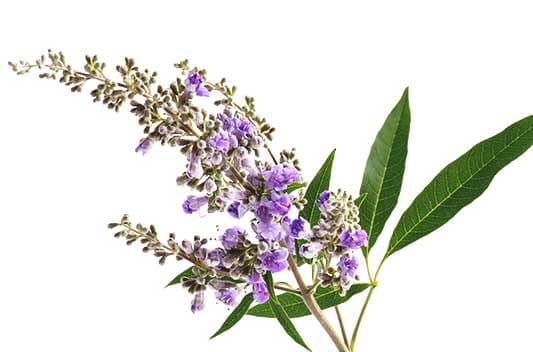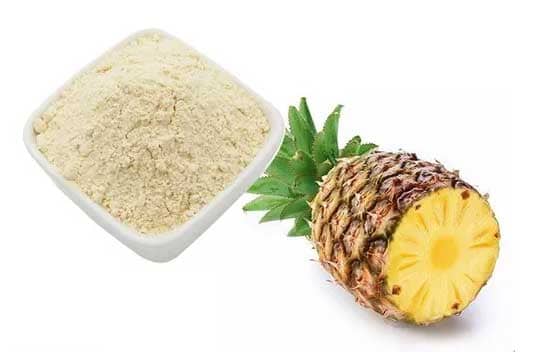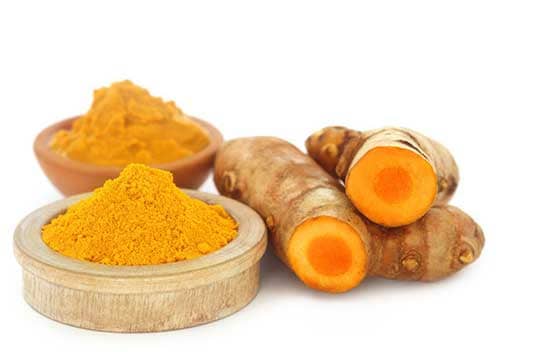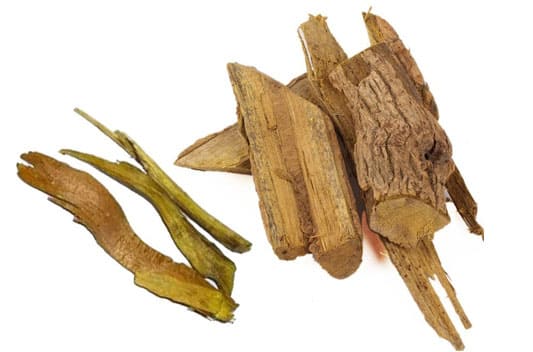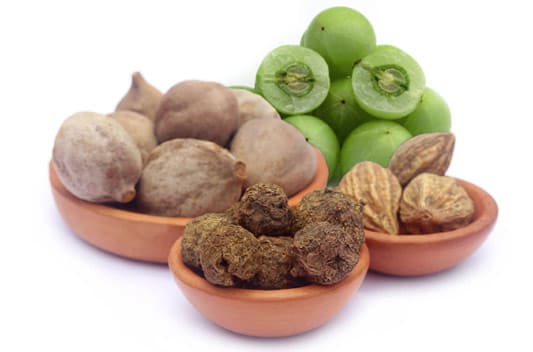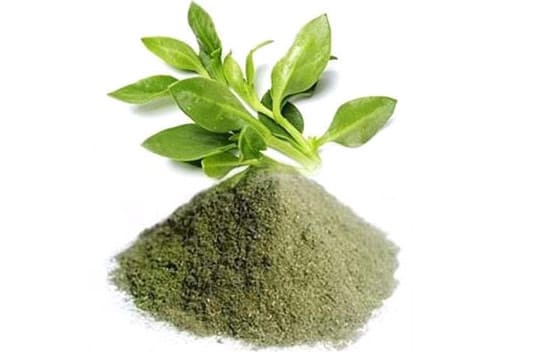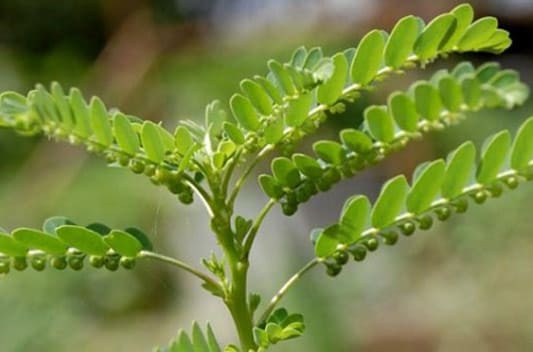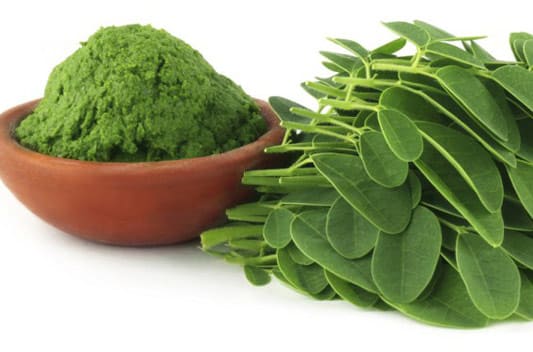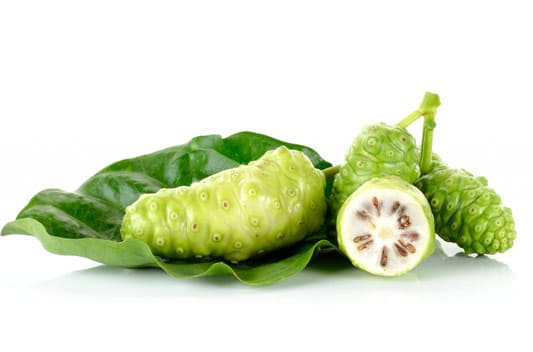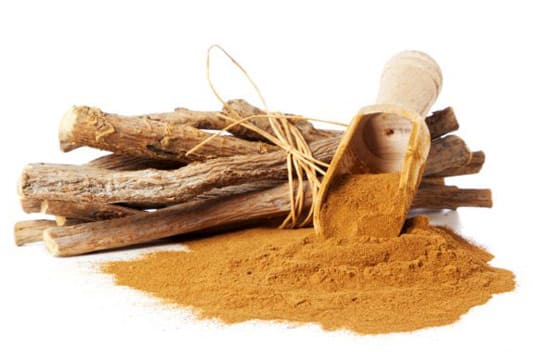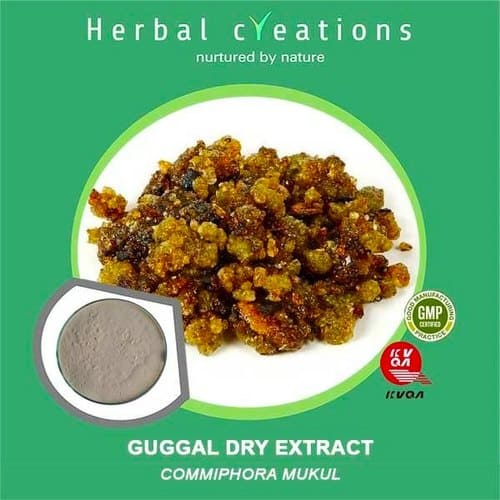

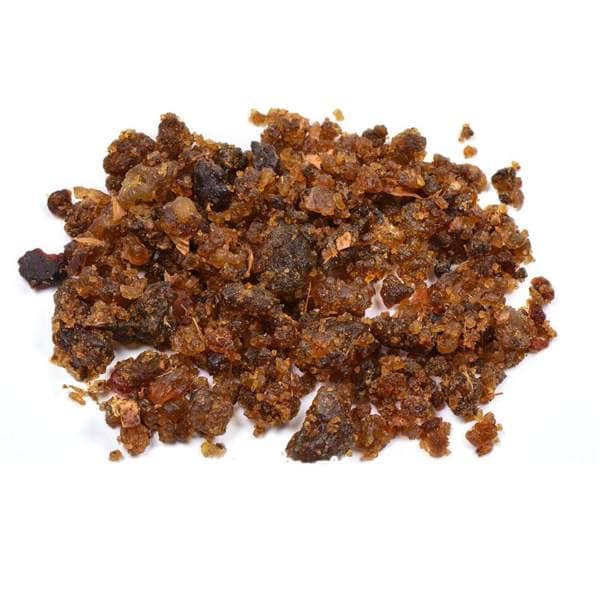

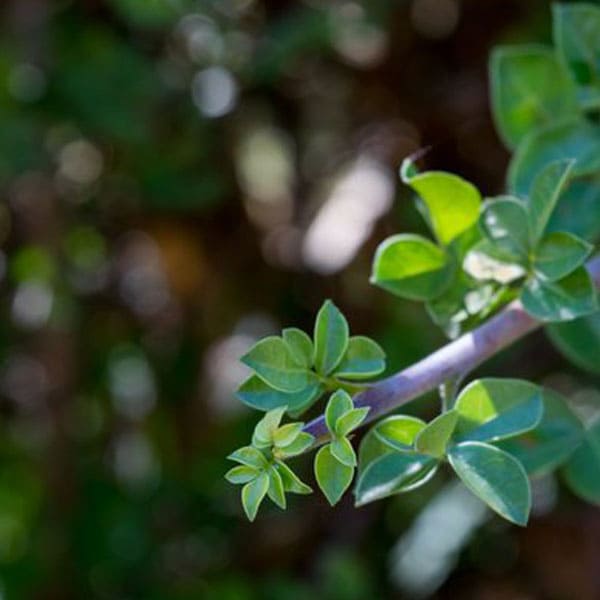
Commiphora mukul, more commonly known as guggul, is a natural resin obtained from the Mukul myrrh tree, which is native to India and regions of Asia. For centuries, guggul has been referenced in traditional practices and cultural texts for its unique characteristics. The resin contains naturally occurring compounds such as guggulsterones, which have drawn interest in various studies and discussions.
Traditional References of Guggul Extract
- Frequently mentioned in classical texts as part of ancient wellness traditions.
- Historically valued across regions for its cultural and ritual significance.
- Recognized in traditional knowledge systems as a noteworthy botanical resin.
- Referenced in connection with traditional formulations and plant-based preparations.
- Highlighted in age-old narratives for its long-standing role in herbal heritage.
- Discussed in ethnobotanical records for its association with holistic practices.
- Part of longstanding traditions where it was included in natural blends and remedies.
- Noted in cultural contexts as one of the important resins from the myrrh family.
Note:* These are not claims; kindly study and verify before purchase
How We Make Guggul Extract
Harvesting: Guggul is typically harvested in the winter months when the resin is at its peak. The tree's bark is slashed, and the resin exudes from the wounds. The resin is then collected.
Cleaning: The collected resin may contain impurities like twigs and dirt. It needs to be cleaned to remove these impurities.
Extraction: The cleaned resin is then subjected to a solvent extraction process to obtain the guggul extract. Common solvents include alcohol or hexane.
Filtration: The extracted solution is filtered to remove any remaining impurities.
Evaporation: The solvent is evaporated to obtain the concentrated guggul extract.
Drying: The concentrated extract is dried to remove any remaining moisture.
Grinding: The dried extract is ground into a fine powder, which can then be used in various forms, such as capsules, tablets, or as an ingredient in traditional remedies.
Guggul extract has been recognized for centuries in traditional systems and cultural practices, where it has held a special place in natural heritage. Over time, it has also attracted interest in modern botanical research. Today, guggul extract is valued by many for its long-standing presence in historical texts and traditional formulations, making it one of the notable botanical resins connected with age-old practices.

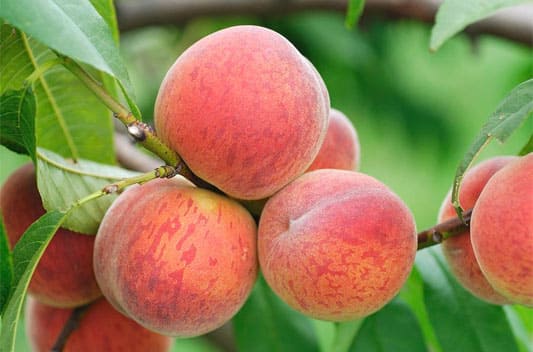
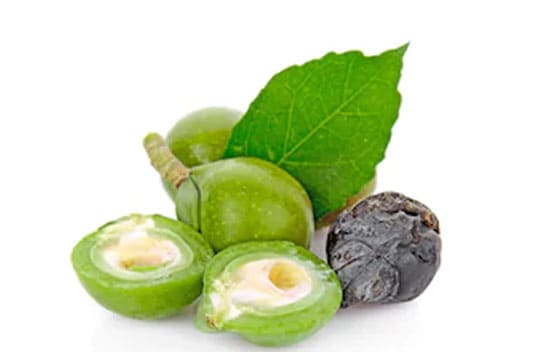
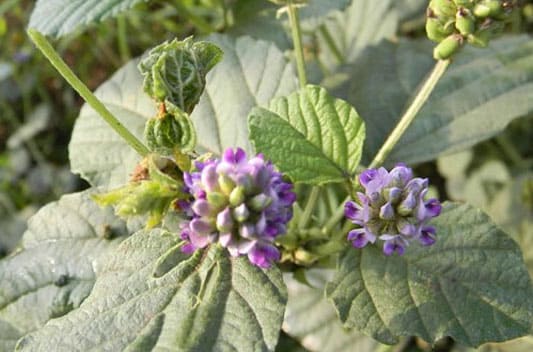
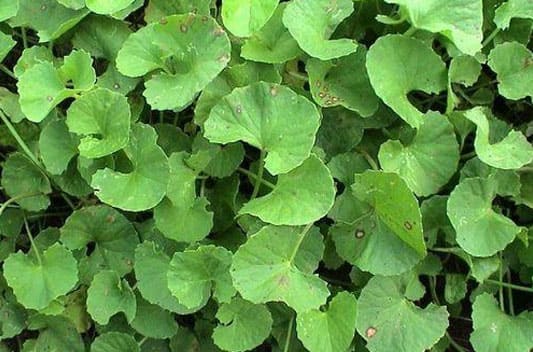
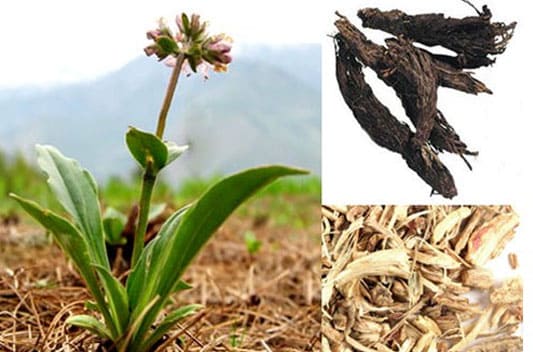
.jpg)
